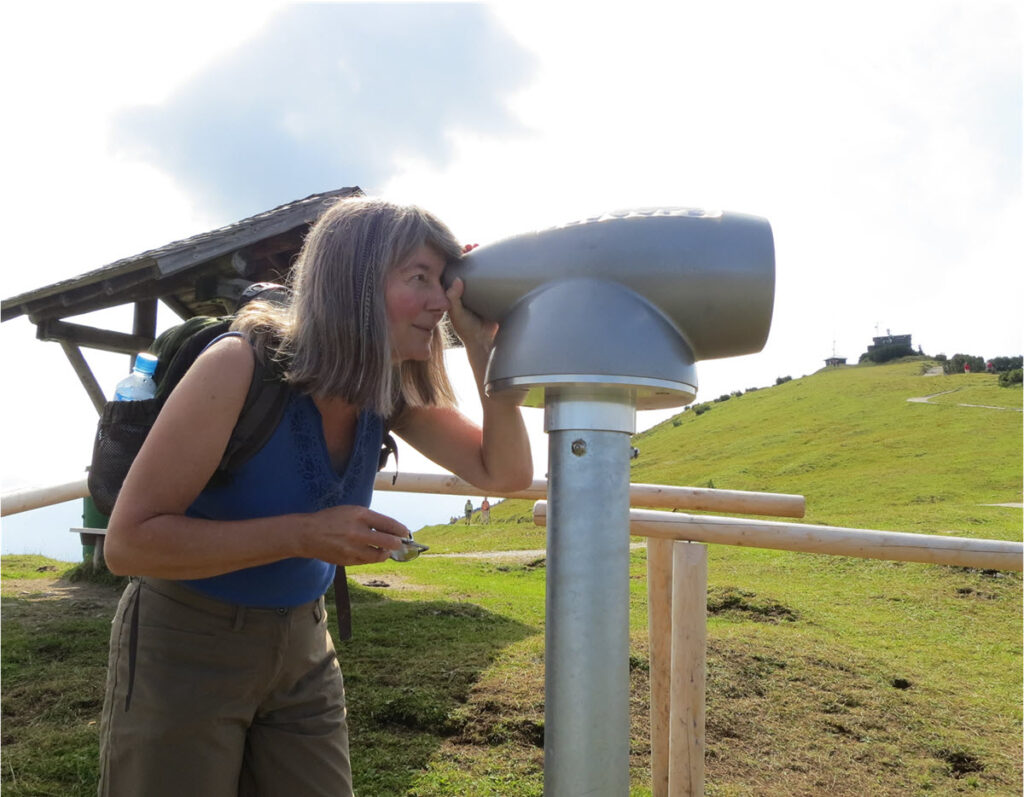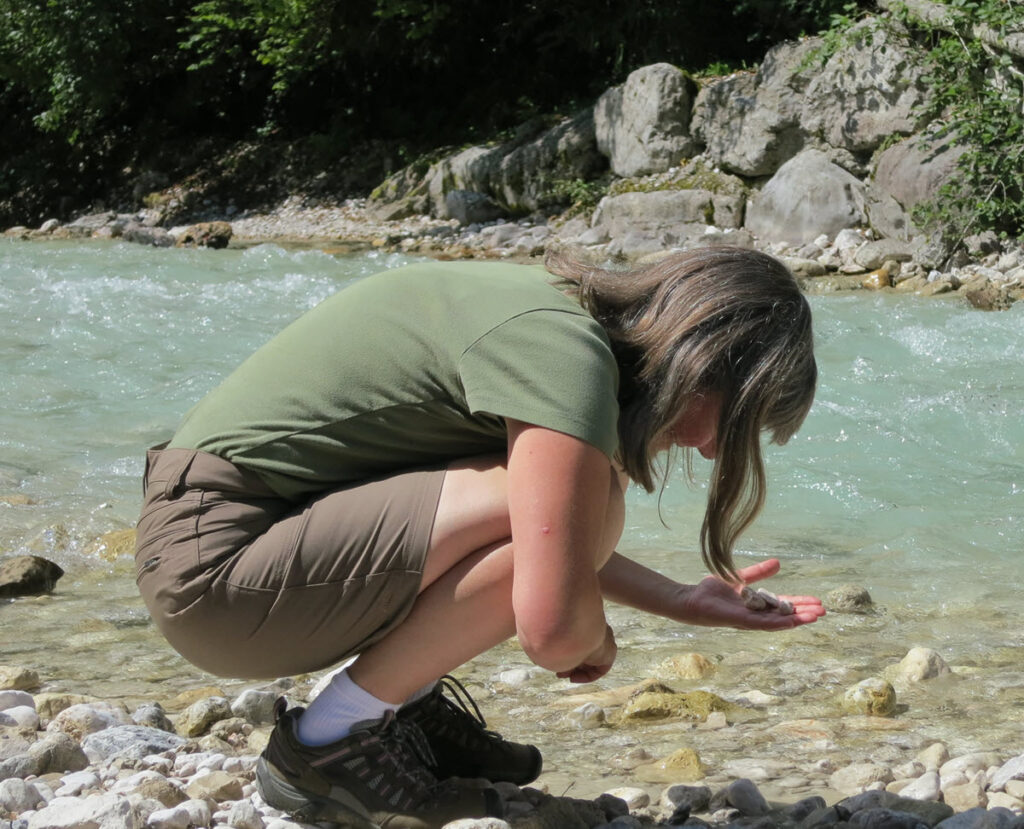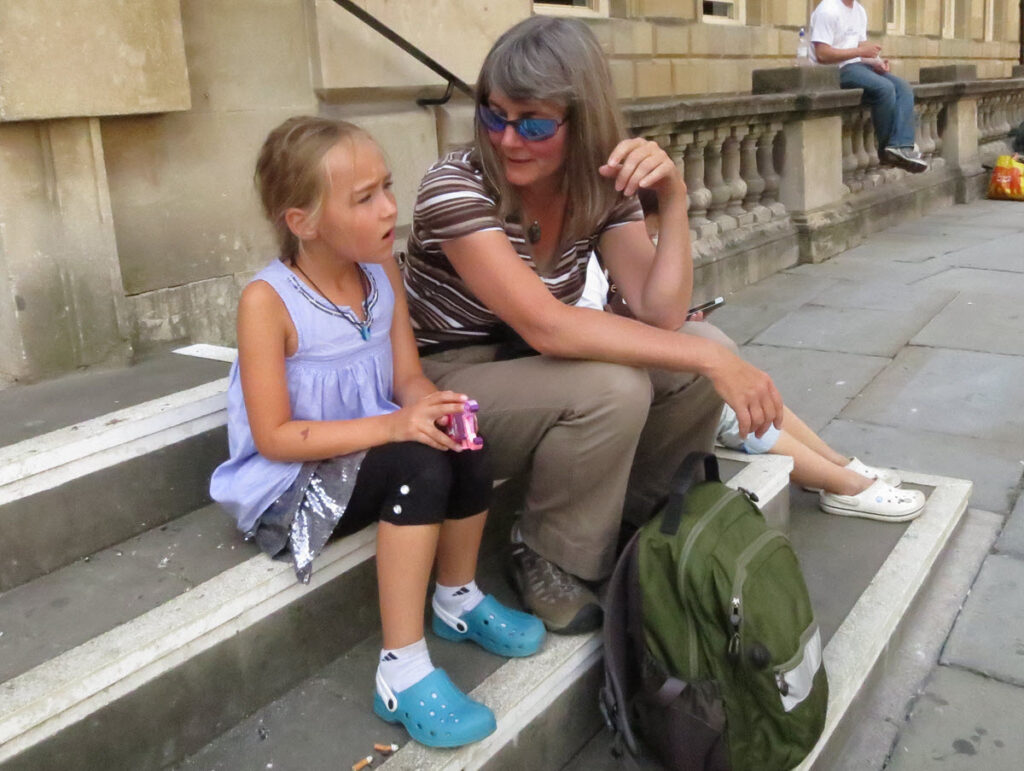Happy New Year! We all hope it will be a good year, despite the current cold (and snow). I continue to procrastinate, dealing with every other task or person around me, before returning to write on my blog! I have files of ideas and collections of research for various articles and posts I’ve never completed. So, I’ll take the advice that is often shared and set up a schedule – daily is unlikely but certainly once a week should be doable. Here’s the first.



I chose my domain name, quisitive.ca, to reflect my intention to write about what makes me curious or bugs me enough to read and ask questions to find out “who-what-when-where-why and how.” I have always valued people who ask questions (and answer them). People have different views, education and life experiences that often provide new directions to explore. But when I talked to people about what I was planning to do, I was surprised to find that several people thought asking questions was “nosy” and likely to offend people???? I did a quick check on definitions.
- Cambridge Dictionary: wanting to discover as much as you can about things, sometimes in a way that annoys people.
- Merriam Webster: inclined to ask questions; inordinately or improperly curious about the affairs of others
I poked around to see if I could find anything inspiring to quote or an unusual perspective about inquiry or curiosity to share.
The important thing is not to stop questioning. Curiosity has its own reason for existing…It is enough if one tries merely to comprehend a little mystery every day..
Albert Einstein (supposedly)
Avoid inquisitive persons, for they are sure to be gossips..
Horace,
You will have noticed in daily life that when people are inquisitive they nearly always have bad memories…
E.M. Forster
It actually took a bit of digging to find a positive statement (Albert Einstein) and, from earlier research I did, it is probably a misquote or incorrect translation of his original statements.
Animals are often referred to (positively) as inquisitive; for example, birds, cats, mice, monkeys, octopus. Young animals are described as amusing and delightful as they explore the world around them-not asking questions but testing, touching, tasting, smelling, eating. Although their curiosity may lead them into trouble or cause trouble for others, it is seen as a positive trait generally. In fact, the curiosity and inquisitiveness of the octopus (for example, in the successful Netflix movie “My Octopus Teacher”) has been touted as a way to promote meaningful self-reflection, for viewers as well as for filmmaker and free diver “whose life is changed by meeting an octopus.”
As I thought about positive perspectives on inquisitiveness, I realized I couldn’t think of any movies or books that included adults who asked questions unless they were police, detectives, nosy neighbours or reporters. Someone suggested Alice in Wonderland but she was a young girl, she got into trouble for asking questions and her adventures and learnings were labelled as a dream not reality. Hermione Granger in Harry Potter qualifies but, again, she was a girl not an adult. Can you think of positive representation of ordinary adults asking questions in popular culture?
Well, you can see why I don’t get many blog posts completed. As I don’t plan to write trivial or harmful information about people (and will usually deal with ideas, concepts, events or things), I doubt that anyone will find any gossip here but if what I question helps me learn, that will suit my purpose.
